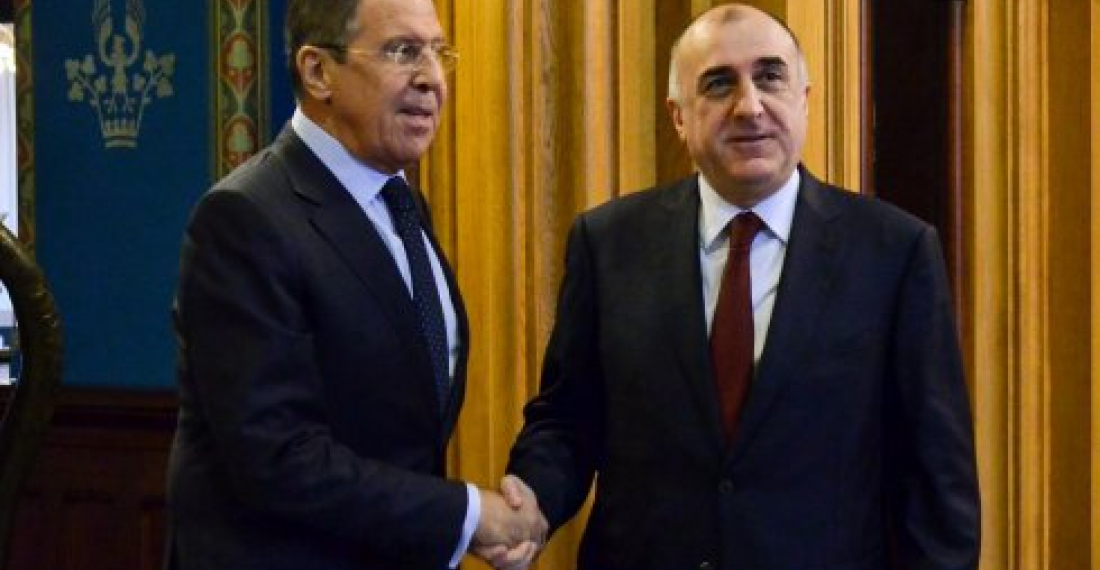The Nagorno-Karabakh conflict and conflict settlement process was the main topic of discussion at a meeting in Moscow on Tuesday between Foreign Minister Sergei Lavrov and visiting Azerbaijani Foreign Minister Eldar Mammadyarov.
Azerbaijani diplomatic sources said that the meeting took place at the initiative of the Russian side. The same sources said that the two Ministers had an extensive exchange of views on the issues raised during the presidents' meetings in Vienna and St. Petersburg.
"Reiterating Azerbaijan's position on the settlement of the conflict, Mammadyarov stressed the need to change the status quo", the same sources said.
The two Ministers also discussed bilateral relations and developments in the international arena.
Commonspace.eu political editor said in a comment that "the meeting of the two Ministers came one week after a public exchange of views that seemed to indicate important differences between the two countries on the next steps of the Karabakh conflict settlement process. Russia and Azerbaijan clearly have different impressions of what was agreed in the Vienna and St Petersburg summits, and the follow up that was expected. There is no indication that these differences have narrowed."
source; commonspace.eu with agencies
photo: Russian Foreign Minister Sergei Lavrov met his Azerbaijani counterpart Elmar Mammadyarov in Moscow on Tuesday, 24 January 2017 (picture courtesy of the press service of the Russian Foreign Ministry).






